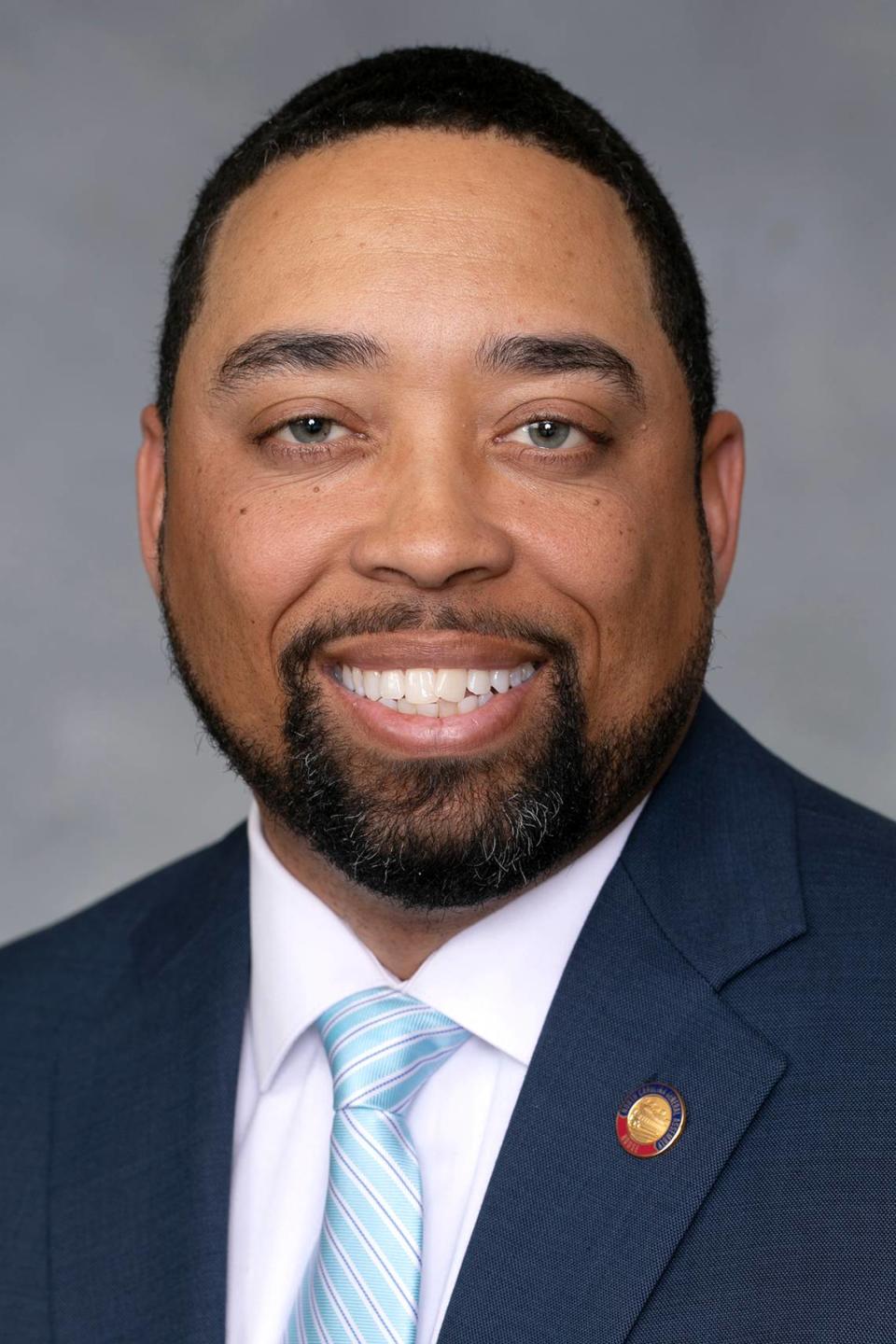One rural county has helped keep lights on across NC. Now it needs the state’s help | Opinion
State laws are made in Raleigh, and big business gets done in Charlotte. But when it comes to generating the electricity that runs our state, small towns and rural areas have long shouldered a disproportionate load. The success of North Carolina’s complex plan to reduce carbon emissions hinges largely on transitions underway at old power plants in places such as Roxboro, north of Durham, and near Terrell, in Catawba County.
In both communities, Duke Energy proposes to replace coal-fired power plants with much cleaner ones fueled initially by natural gas, and later by super-clean hydrogen. North Carolina can’t reach its carbon-reduction goals without them. Nor will Duke be able keep the lights on for everyone during times of peak demand unless the state Utilities Commission approves them.
Most folks might not realize it, but for more than half a century, Person County’s power plants have generated much of the electricity that runs our state. As America transitions from coal to cleaner energy sources, Person again is poised and proud to lead the way. But we need support.


Duke’s plan to build two natural gas units on the site of its aging Roxboro coal plant on Hyco Lake means keeping important jobs, investment, and tax base in Person County. The existing plant and another one like it on Mayo Lake provide 20% of our county’s tax revenue that funds public schools, law enforcement, EMS, fire protection and a safety net for our most vulnerable residents. Our community endorses Duke’s plan and urges the state Utilities Commission to approve it.
So should every North Carolinian. With demand for electricity surging across North Carolina, more natural gas plants are an essential part of our state’s shift from coal to cleaner power, such as nuclear and renewable energy. That will accelerate the reduction of carbon emissions, give us all cleaner air to breathe and reduce waste while promoting responsible growth.
What’s more, new power plants built on the site of old ones use existing distribution networks without requiring new land, new transmission lines, or more roads. And our workforce can be retrained for the new power plants. That reduces costs for Duke’s customers.
In fact, updating key parts of North Carolina’s energy infrastructure is the most efficient way possible to modernize our state’s power production. It also meets the commission’s requirement to have equally reliable replacement generation online before coal plants close.
Looking to the even greener future, the new plants are designed later to run on super-clean hydrogen fuel. This plan represents the ultimate in repeated adaptive reuse. Duke has proposed a similar makeover for its Marshall Steam Station on Lake Norman’s crossroads community of Terrell, in eastern Catawba County.
There’s no time to waste. Thanks to economic growth and new digital industries that require immense amounts of power, North Carolina’s demand for electricity is surging faster than industry experts predicted just a few years ago, with future projections soaring further still.
By 2030, energy demand is projected to be 22% above what Duke estimated just two years ago. Within a decade, it could be 25% greater than previously forecast. And by 2030, the growth in peak load, when blackouts are a risk, is now estimated to be eight times what the company projected two years ago. This skyrocketing demand is unprecedented in both size and speed.
As Duke and other power providers expand their use of solar, wind, biogas and hydro energy, they urgently need more natural gas plants to keep North Carolina thriving while promoting economic development and enabling the shift to clean energy.
Without the help of Person, Catawba and other rural counties, the state cannot expand its power supply while keeping energy reliable and affordable during our clean-energy transition. All we ask in return is for North Carolina to help keep our lights on, too.
Ray Jeffers, a Democrat, represents Person County and northern Durham County in the N.C. House. Gordon Powell, a Republican, chairs the Person County Board of Commissioners.


